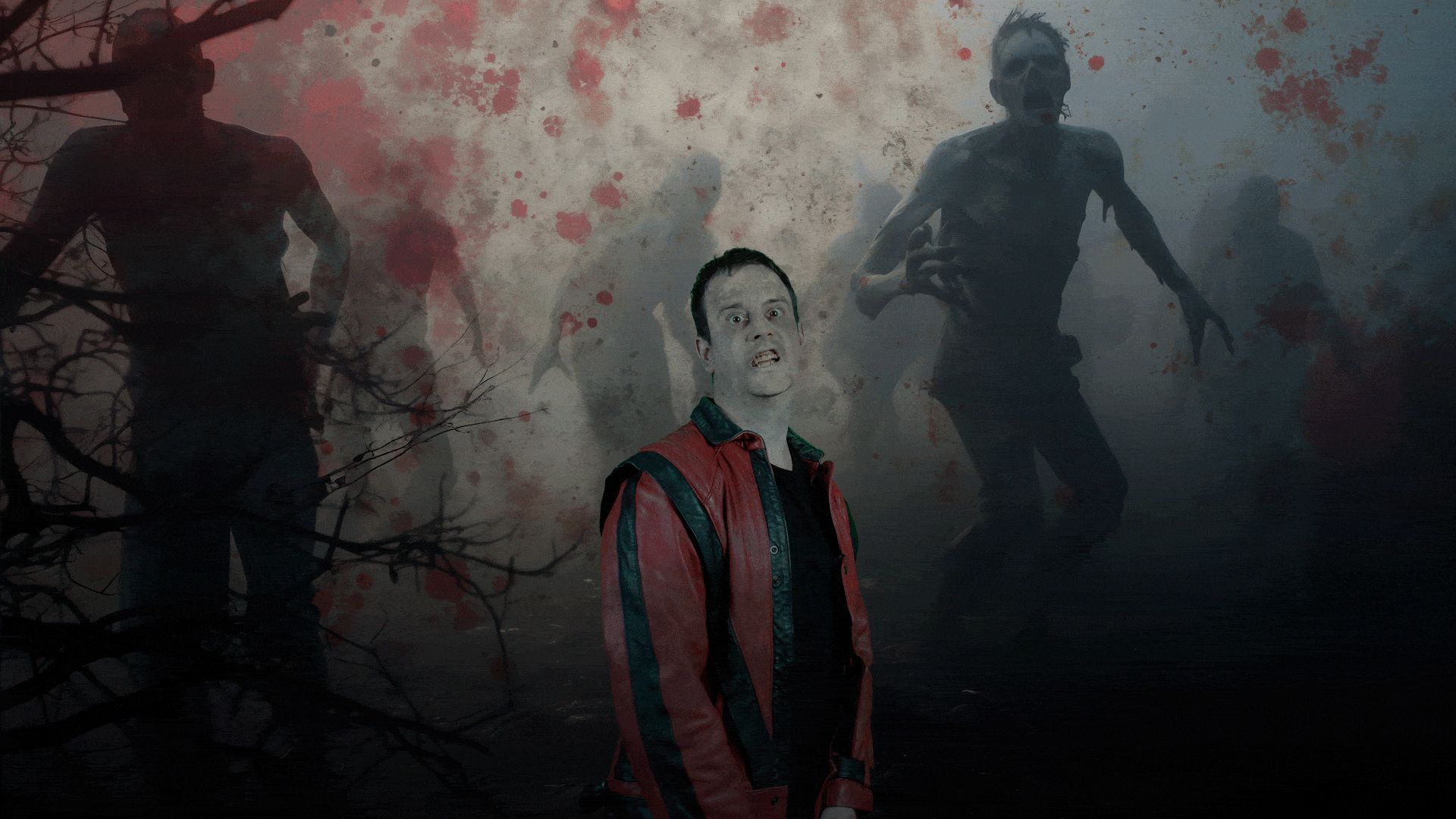This week, one of the biggest stories in web design we’ve seen in quite some time emerged, centring on a dispute between a designer and one of the UK’s leading online fashion retailers.
Boohoo.com, which boasted a revenue of £580m for the 2018 financial year, could be about to have a sizable chunk of that taken away from it should a claim from web designer Richard Womack be successful.
The BBC reports that Womack is suing for £118.5 due to what he claims is a broken promise of 10% share in Boohoo. The Manchester-based e-retailer is owned by billionaire Mahmud Kamani, whose spokesperson says there is “no evidence” that Womack is owed any money at all.
A crying shame for Boohoo or Womack?
In a time of a suffering UK high street, Boohoo is one of several examples of clothing companies to have rocketed online. The brand and its products may help, but the bedrock of this is an excellent website.
In previous years, the company has won such accolades as ‘Best Online Retailer’ in TV host Lorraine Kelly’s High Street Fashion Awards, showing it to be a brand and website appreciated by online fashionistas.
There’s no doubt that it’s a nice site, with a vibrant yet not jarring use of colour that resonates with Boohoo’s target audience of 18-30 year olds. It’s very easy to navigate too, and offers a huge variety of clothing and fashion accessories – mostly for women, although there is a men’s section as well.
Womack asserts that he is the “third founder” of Boohoo, and claims that he has not received so much as a penny for two years’ work on the site. If that’s true, it’s hard to feel anything but sympathy and injustice on his behalf.
To what extent, however, can a web designer claim credit for an online company’s meteoric success? Is the 10% share confirmed in a contract, was it a gentleman’s agreement, or is it entirely fabricated?
We can’t comment on the rights and wrongs of the case, of course. All we can do is ask Boohoo to stop using YODEL, for reasons we’ve previously explained in some detail here, and again here.
A design for strife
Regardless of who wins the case, it highlights the often complicated nature of profit share deals. When they do take place, there needs to be a clear agreement between web designers and their clients, so that any such conditions are stated in writing.
Furthermore, businesses in need of websites, and web designers looking to create them, need to carefully consider whether such deals are beneficial for either of them. No matter how good a website might be, it’s still down to the business behind it to make the most of it by following-up on leads and offering a product or service that’s as good as the site. From a web designer’s point of view, do you want to underquote yourself at the design stage in the hope of the business flourishing at a later date, even though you have limited control of this?
Over the years at Engage Web, we have often been approached to build websites for clients in exchange for a profit share or company equity. It’s not something we take up, however, because although we can build a great website, and run an SEO campaign that gets leads and sales, we acknowledge that where our clients go from there is down to them.
For that reason, if we build a site for your small business and you go on to be as big as Boohoo, we’ll certainly be proud to have played our part, but you can rest assured that you won’t be hit with a nine-figure lawsuit from Engage Web once you’ve become a household name!
- How to find a circular reference on Excel - May 23, 2024
- Five life skills learned from internet marketing - January 3, 2024
- How artificial intelligence can (and can’t) help you write content - September 29, 2023







